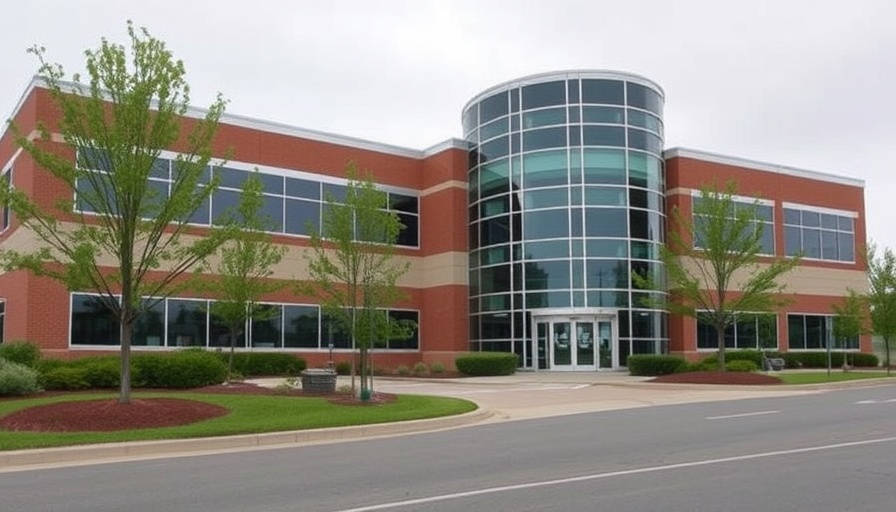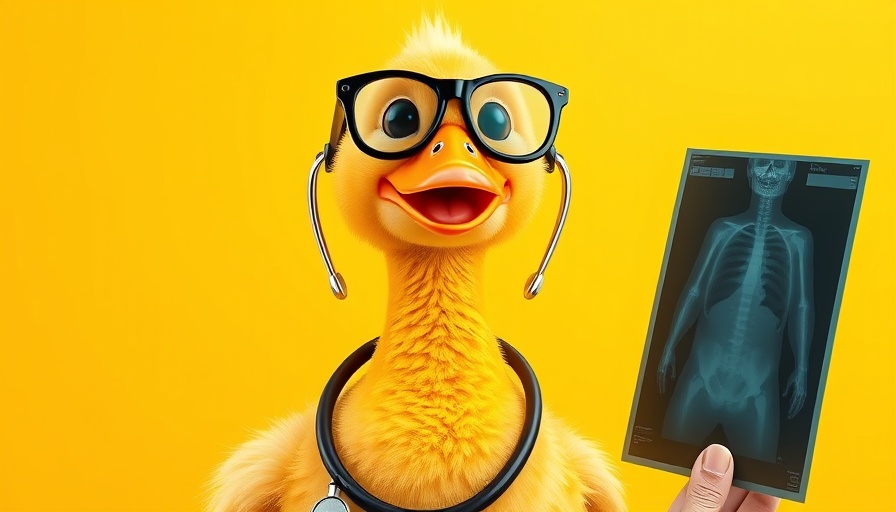
Ransomware Attack and Its Immediate Impact on Kettering Health
Kettering Health, a prominent healthcare provider in Ohio, has successfully restored its radiation oncology services following a disruptive ransomware attack that occurred on May 20. The attack forced the health system to temporarily suspend numerous services, including critical radiotherapy treatments and elective surgeries, affecting patient care across its facilities. Emergency rooms remained operational, but the incident highlighted vulnerabilities in healthcare IT infrastructures.
The Recovery Process: A Testament to Teamwork
In the aftermath of the attack, Kettering Health mobilized its technical and clinical staff to restore services in an impressively short timeframe of just five days. This rapid recovery can be attributed to the unwavering commitment of the hospital’s teams and their coordinated efforts to maintain continuity of care. Dr. Anthony Paravati emphasized this sentiment in a recent update, praising the staff's dedication, especially over the Memorial Day weekend, which is typically a time for family and recovery.
The Role of Community Partnerships During Crisis
During the outage, Kettering Health successfully navigated patient care challenges by collaborating with local hospitals in the Greater Dayton and northern Cincinnati areas. Companies like Dayton Children’s and Premier Health stepped up to provide essential services, showcasing the strength of community partnerships in times of crisis. CEO Mike Gentry expressed gratitude for these collaborations, which were vital for supporting patients who needed care while Kettering worked to restore its operations.
How This Attack Sheds Light on Broader Cybersecurity Issues in Healthcare
The recent ransomware incident is a stark reminder of the increasing frequency of cyberattacks on healthcare systems. As the reliance on digital systems grows, so do vulnerabilities, making it imperative for healthcare organizations to invest in robust cybersecurity measures. Additionally, healthcare stakeholders must frequently review their protocols to ensure patient information is safeguarded against unauthorized access and extortion.
Looking Ahead: Cybersecurity Best Practices for Healthcare Organizations
In light of these events, healthcare IT professionals must prioritize best practices in cybersecurity, including regular updates to systems, comprehensive employee training on security awareness, and implementation of incident response plans. Engaging in preventive measures can serve as the first line of defense against potential cyber threats, ensuring that patient care remains uninterrupted.
This latest incident at Kettering Health invites organizations to reflect on their cybersecurity strategies and evaluate how prepared they are for potential attacks. As patient care and safety are at stake, enhancing security protocols is more crucial than ever.
 Add Row
Add Row  Add
Add 




Write A Comment